what is vocology?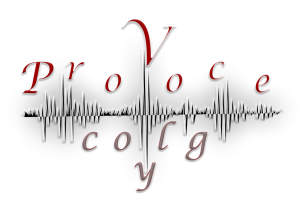
In its broadest definition, vocology is the study of vocalization.
Vocalization is not limited to sustained sound production such as singing, but has many more facets. The voice has to meet specific needs depending on one’s personal, professional, and/or contextual requirements. Singing and acting may be most commonly associated with professional voice users. However, the medium in our verbal interpersonal communication and, by extension, the professional success of teachers, managers, ministers, instructors (e.g. athletic), coaches, politicians, caretakers of children, lawyers, counselors and many, many more, is the voice. Thus, these occupational professionals are considered professional voice users as well. There’s a reason actors like Morgan Freeman are hired to narrate documentaries. His voice is deep, his clear enunciation and inspirational-sounding vibrations keep the audience captivated and convey the message in a believable manner.
No matter how knowledgeable, competent and transparent one may be, if it is not conveyed with a resonant sound production and well executed articulation it most likely will not be received, or worse, it will be ignored and dismissed by the recipient. This is true on the artistic stage, the professional as well as the social live.
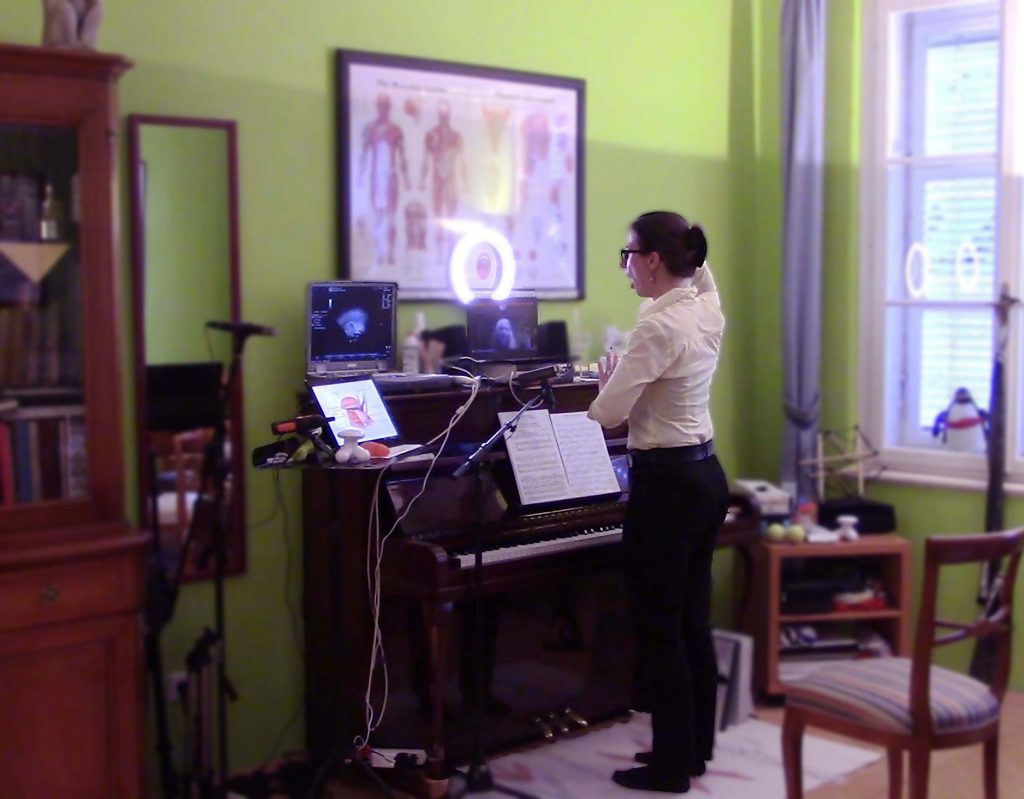
My philosophy as a vocologist is to help people to habilitate the use of their voice in a healthy manner to meet their personal and/or professional needs. “Habilitation is the process of enabling, equipping for, or capacitating. Voice habilitation is therefore more than repairing a voice, or bringing it back to a normal state. It includes the process of building and strengthening the voice to meet specific needs.” (Titze and Verdolini-Abbott, 2012).
Thus, there are myriad reasons to work on one’s voice. Among others,
- maybe you are an artistic professional (singer/actor) who wants to improve the voice, fix an acute issue or work on a specific sound, e.g. scream, noise, twang etc.
- maybe you are an occupational professional (teacher, manager, minister etc.) who wants, among others, to enhance and strengthen the voice, work on clear enunciation, increase confidence or prevent vocal fatigue.
- maybe your voice or speech has been compromised due to a pathology (hemorrhage, stroke or the like). Maybe you have or had speech therapy and are able to communicate basic needs. However, you feel you could improve on strength, stamina, and articulation to feel comfortable in a challenging environment and various social settings (overacoustic rooms, noisy outdoors or restaurants, larger groups etc.)
- maybe you always wanted to sing but have been told you cannot sing. Maybe you just love to sing but find it increasingly hard to keep up the joy for too long because your voice cracks, fatigues or the like.
- maybe …
Whatever the reasons or goal to work on your voice may be, I am here to help you! I consider teaching and habilitating a voice a huge responsibility and privilege. Voice is an exclusive fingerprint that expresses in a unique way both stable features — who we are (age, origin, personality etc.) and temporary features — what we’re experiencing (intentions, emotions, interpersonal attitudes etc.).
For more details on Vocology click here.
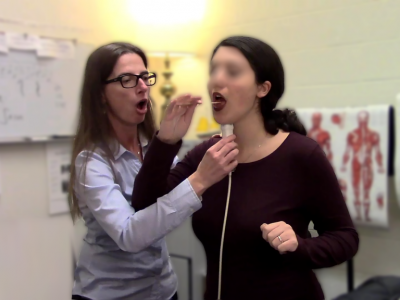
- Build, improve, and enhance your voice.
- Continue with remedial or adaptive technical work.
- Improve stage presence, deal with stage fright.
- Prepare for an audition or performance.
- Work on a specific sound/ task?
- Nurture one’s voice and enjoy various health benefits with it.
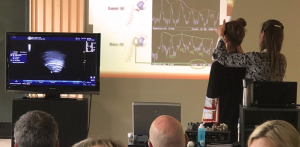
- Enhance your voice.
- Improve presence, deal with nerves.
- Clear enunciation and crisp articulation.
- Connect with your audience.
- Prepare for a presentation, performance.
- Provide habilitative voice coaching in coordination with the medical team.
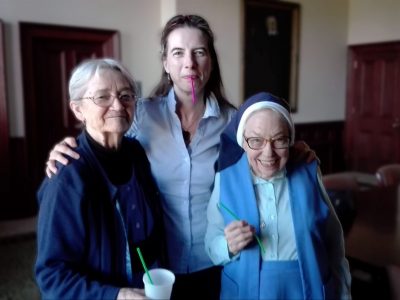
- Enhance your voice within a choir/ ensemble.
- Build stamina and improve breathing.
- Prepare for a concert.
- Revive the aging voice – keep sounding strong.
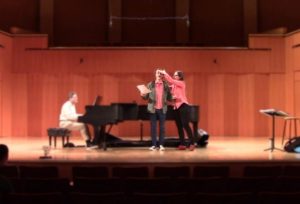
- Voice science and pedagogy,
- Class voice (elementary or advanced),
- Workshops and seminars,
- Vocal Diction (English, German, Italian, French etc. and IPA (International Phonetic Alphabet).
- Instrumentation for Voice Analysis: Technology in Voice Study & Voice Pedagogy
